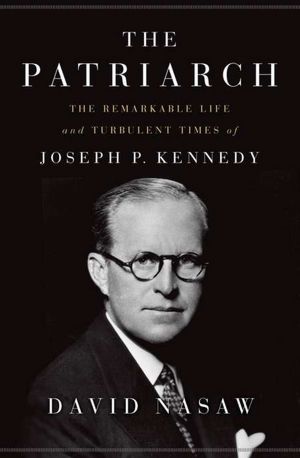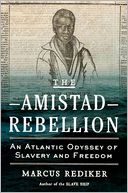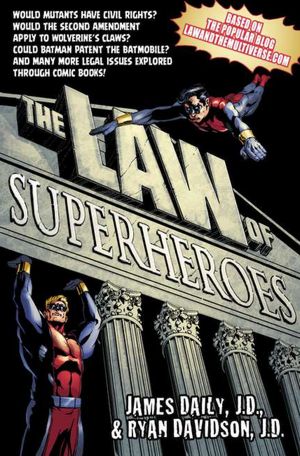Previously I wrote about Judge Posner’s recent lecture at
Chicago-Kent’s Symposium on the Supreme Court and the American Public. The judge
took members of the Supreme Court to task for what he sees as their excessive
and occasionally undignified roles as public intellectuals. Although Judge Posner is certainly right that
the frequency of justices participating in public intellectual activities has
increased, there is a long and colorful history of members of the Supreme Court
inserting themselves, for one reason or another, into public debate.
At the same symposium, I gave a paper entitled “Beyond the
Opinion: Why Do Supreme Court Justices Talk to the Public?” My presentation revolved around a case study
of Justice Hugo L. Black and his late-career experience as a reluctant but ultimately
quite effective public figure.
Justice Black spent most of his career on the High Court
conscientiously avoiding making news for his off-the-bench activities. His time on the Court had gotten off to an
epically bad start when, just a month after being confirmed by his colleagues
in the Senate, a journalist broke the story that the newest justice had been a
member of the Ku Klux Klan in Alabama early in his political life. Black, who was in Europe at the time, cut
short his vacation and returned home to defend himself in a nationally
broadcast radio address. He basically
said that he had been a member of the KKK but was no longer, and that his
record in the Senate and his personal relationships with blacks, Catholics, and
Jews showed that he was not a bigot. (Newsweek’s headline following the
speech: “I Did Join, I Resigned; The Case Is Closed.”) The speech turned out to be remarkably
successful in deflating the controversy.
For at least two decades following this embarrassing
episode, Black retreated from the public spotlight. He would, as justices like to say, let his
written opinions speak for themselves.
Through the 1940s and 1950s, as Black defined for himself in his
judicial writings a distinctive approach to constitutional interpretation, as
well as a notably accessible language of expression, he was regularly urged to
present his views in a more public setting.
He refused. “Should I conclude to
deliver lectures anywhere,” he wrote to a friend in 1959, “it will be over the
protests of certain inner voices that keep telling me that the best thing I can
do is tend to my knittin’ here at home.”
Eventually he did begin to accept a few of these
invitations, however, and during the 1960s he delivered several much-discussed
lectures and public interviews in which he laid out his views on the
Constitution and the work of the Supreme Court.
The highlight of Black’s late-life career as a public
intellectual came in 1968 when the 82-year-old justice became the first justice
to sit for a feature-length television interview. CBS broadcast the interview on primetime on
December 3, 1968. His wide-ranging remarks
made for surprisingly powerful television.
Early in the interview, Black pulled a well-worn copy of the
Constitution from his suit pocket. “I
don’t know it by heart,” he confessed.
“[M]y memory is not that good.
When I say something about it, I want to quote it precisely.” When questioned about the attacks on the
Court for its decisions protecting the rights of criminal defendants, Black
went on the offensive. “Well, the Court
didn’t do it…. The Constitution-makers did it…. They were the ones that put in
every one of these amendments…. And so, when they say the Court did it, that’s
just a little wrong. The Constitution
did it.” He suggested that the Court’s implementation ruling in Brown v. Board of Education (1955), with
its “all deliberate speed” formula, was ill-advised. (This was the page-one
headline story in newspapers the following day.) At one point, the 82-year-old justice picked
up a volume of the U.S. Reports to read the concluding lines of his opinion in Chambers v. Florida (1940) in which he wrote
that “courts stand against any winds that blow as havens of refuge for those
who might otherwise suffer because they are helpless, weak, outnumbered, or
because they are nonconforming victims of prejudice and public excitement.” It left him wiping away tears. The interview
was awarded an Emmy for the year’s best cultural documentary.
(Full length audio of the interview is available through
Oyez; the transcript of the interview was eventually published in
Southwestern University Law Review 9 (1977):
937-951.)
Justice Black could put on quite a show in these
off-the-bench settings. In terms of
communicating with a general audience, in serving as a spokesperson for the
Court, in expressing his deepest commitments about the law and the Constitution
and the Court, in putting on display a sense of passionate commitment as well
as gravitas, he might very well be unequaled among the Justices who have served
on the Court.
A complete history of Danish law in English is not available. However many topics from Danish legal history have in later times been exposed in English. This book was originally meant as a bibliography to help finding out what is written by mostly Danish Legal historians in other European languages on Danish law. I found it useful to combine such a bibliography with a series of my articles on selected topics of the History of Danish law from the middle ages till our times.















